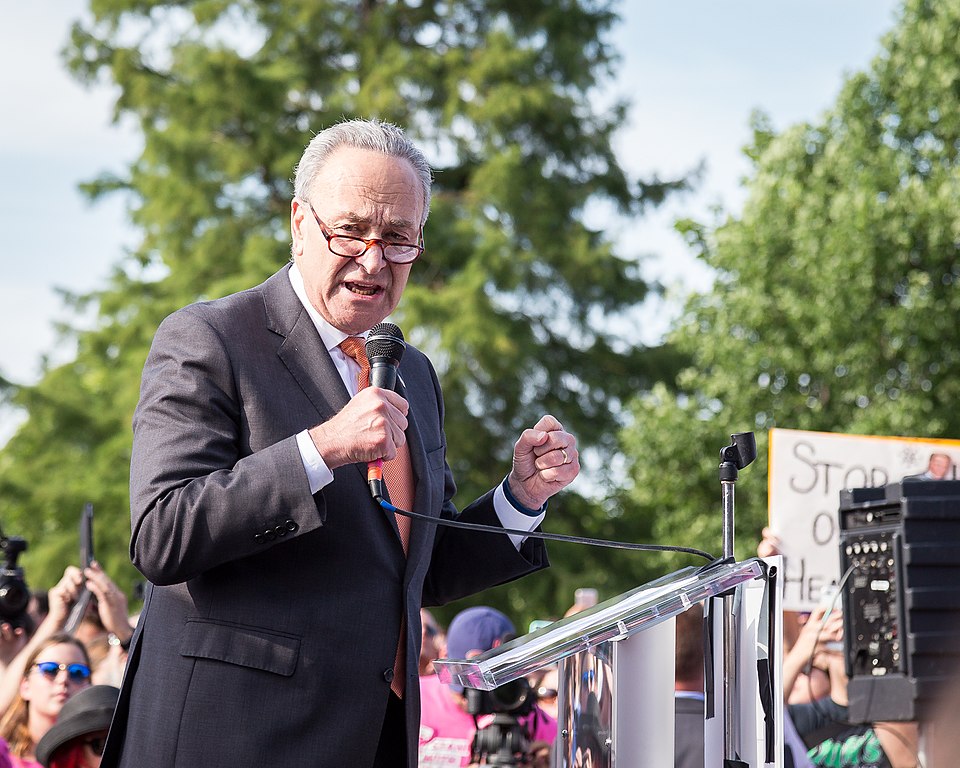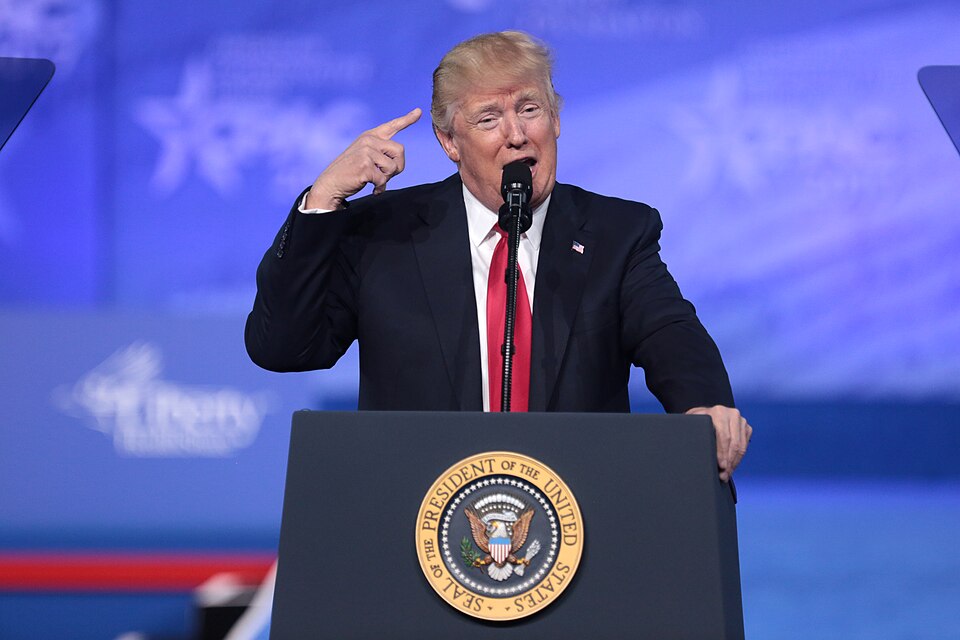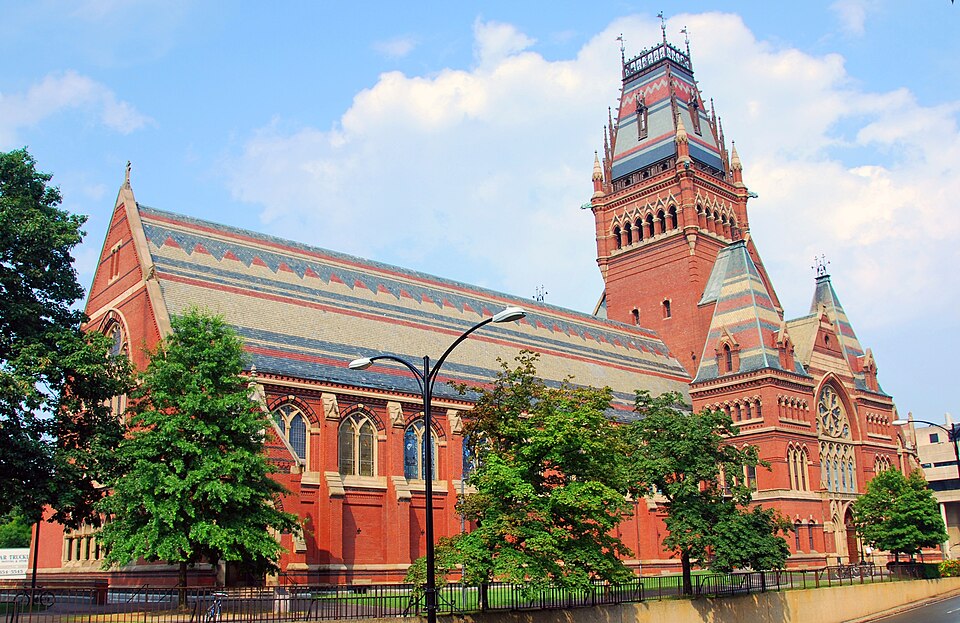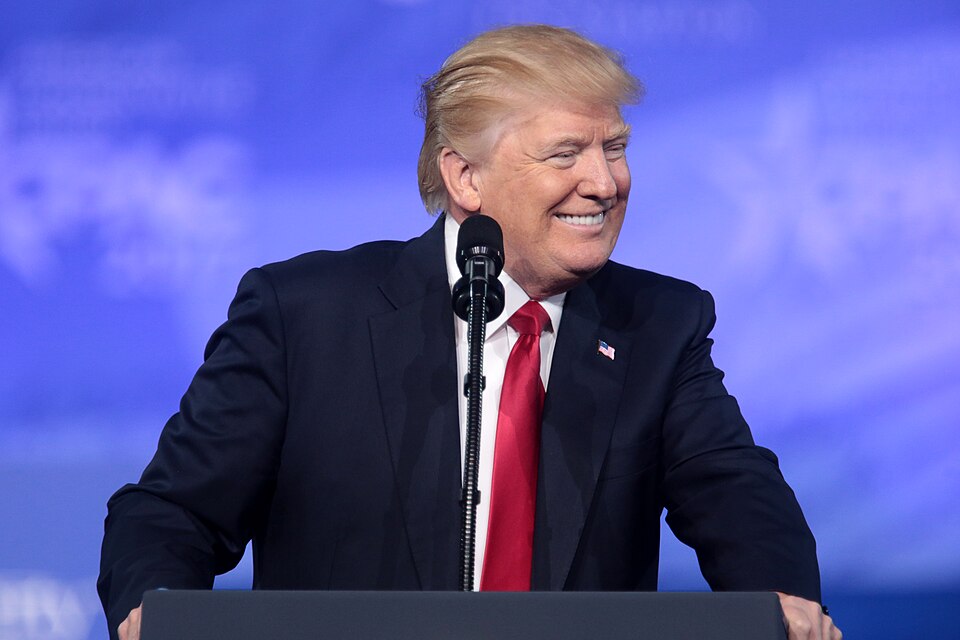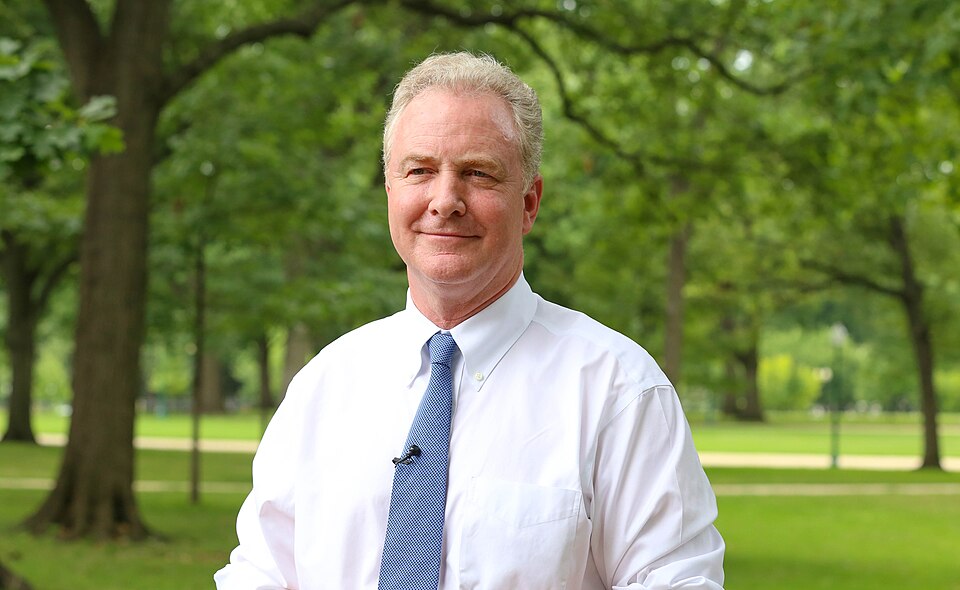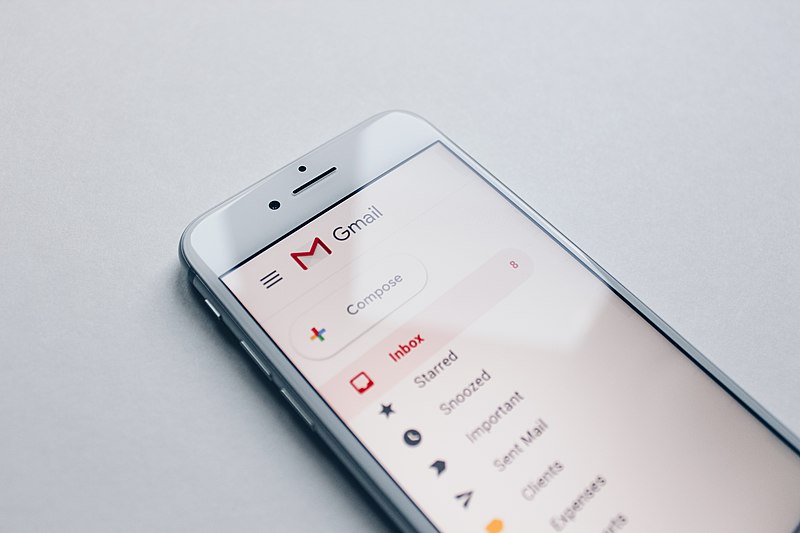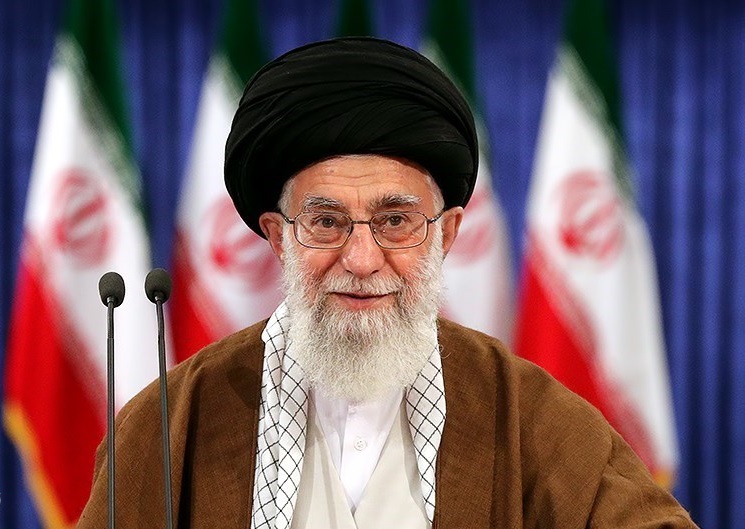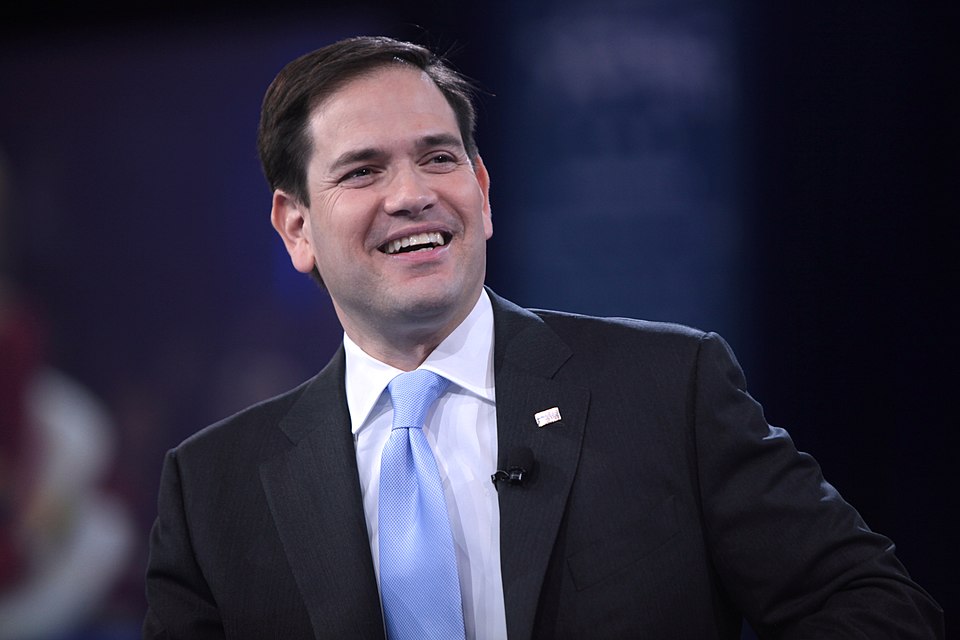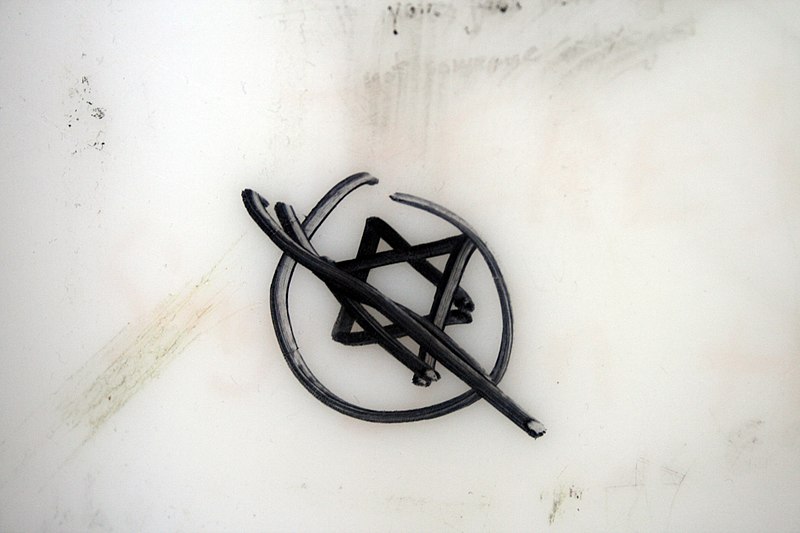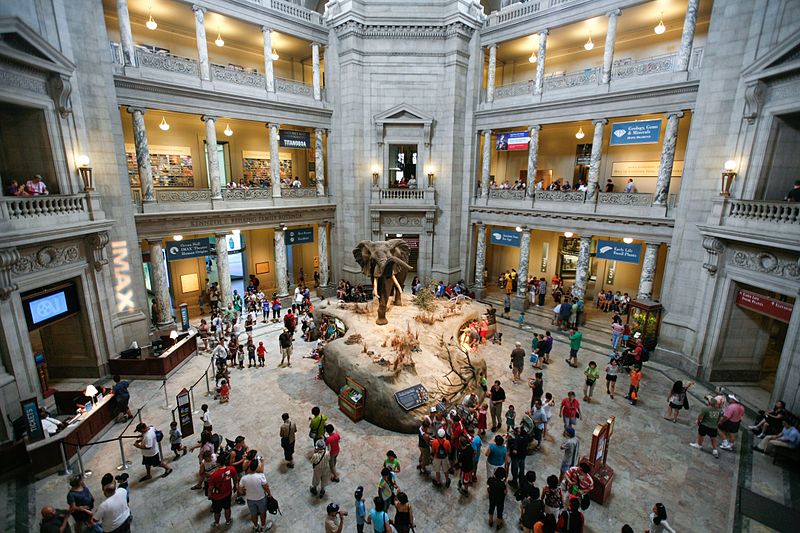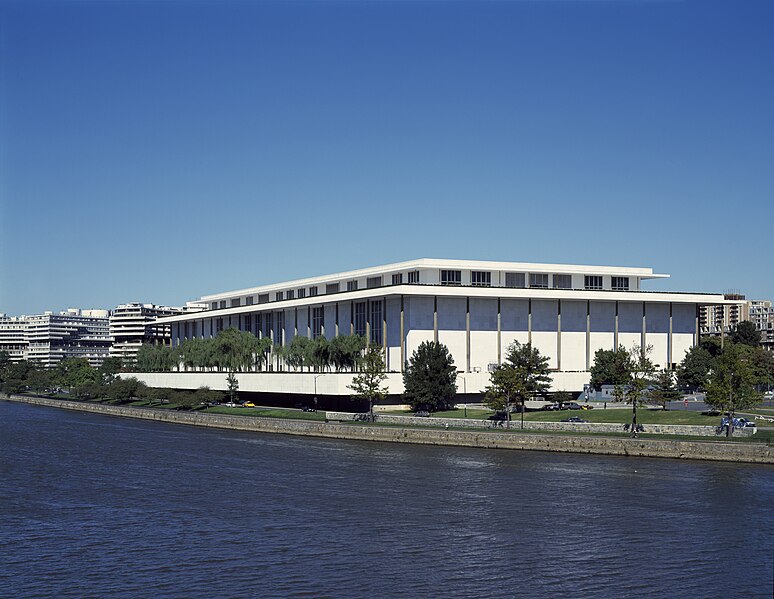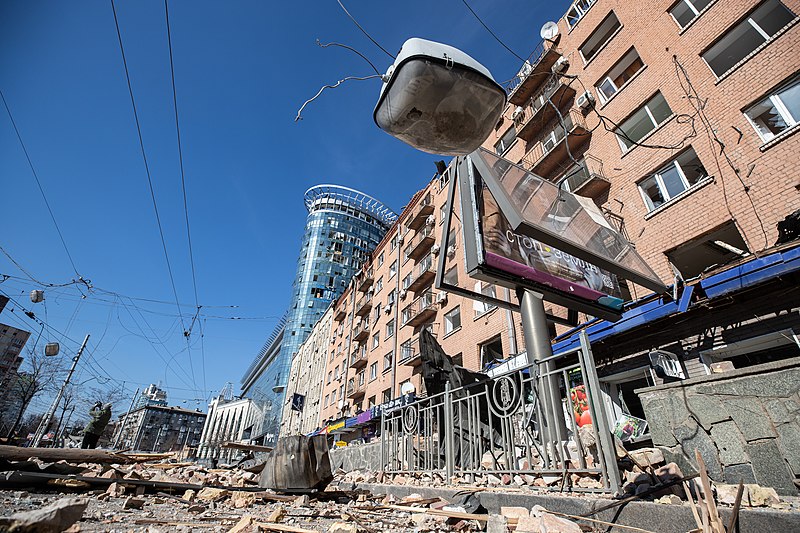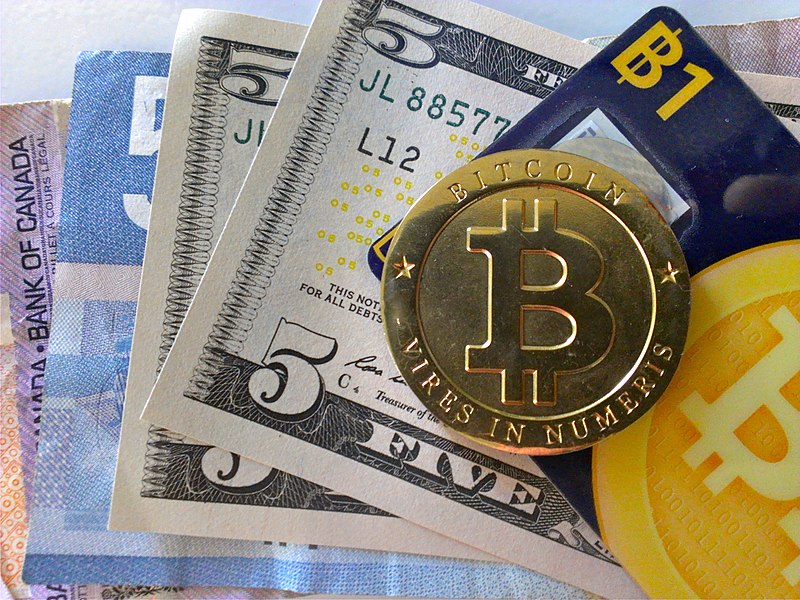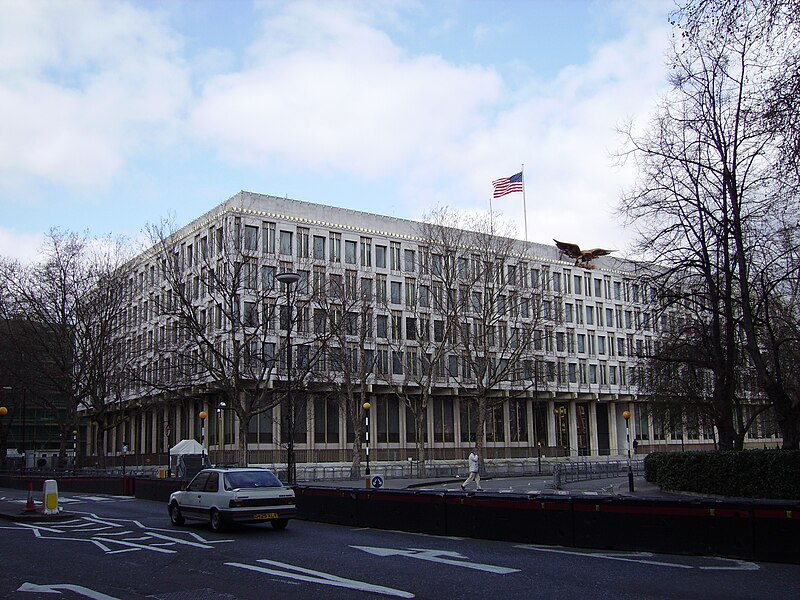
Donald Trump suspended travel from Europe to the United States for 30 days on Wednesday in an "aggressive" effort to halt the spread of the novel coronavirus pandemic.
The ban will go into effect from midnight Friday but will not include travelers from Britain, which recently left the European Union, the president said.
Americans were also told to reconsider foreign travel to avoid infection, with the State Department warning of other countries tightening their own restrictions.
In a primetime address from the Oval Office to a worried nation, Trump sought to rebuff critics who say his leadership has been lacking during the crisis, insisting that "the virus will not have a chance."
"This is the most aggressive and comprehensive effort to confront a foreign virus in modern history," he said.
He announced several measures designed to ease the financial burden for people having to take weeks off from work while on quarantine.
But his most far-reaching announcement was the halt on European travel -- and that suffered a moment of major confusion when he mistakenly appeared to say he was also stopping trans-Atlantic trade.
Trump said "these prohibitions will not only apply to the tremendous amount of trade and cargo, but various other things."
The White House afterwards clarified that goods would still be admitted into the country.
Homeland Security department official Ken Cuccinelli also said the ban wouldn't apply to "citizens or legal permanent residents or their families."
- Blaming Europe -
Trump put a harsh accent on Europe's role in the spread of the virus, which emerged in China and has now traveled around much of the world, bringing sometimes fatal flu-like symptoms.
"The European Union failed to take the same precautions and restrict travel from China and other hotspots" as the United States, Trump said.
About 4,600 people have died so far worldwide. As of Thursday, there were more than 1,300 confirmed infections in the United States and 38 deaths, according to Johns Hopkins University.
Numbers are expected to skyrocket in the United States once more testing is done.
Anthony Fauci, the director of the National Institute of Allergy and Infectious Diseases, said earlier Wednesday COVID-19 was estimated to be 10 times more deadly than flu and could infect "many millions."
- Emergency aid -
Trump announced short-term tax deferments and called on Congress to enact "immediate payroll tax relief."
He also said he was asking for another $50 billion in funding for small business loans to help those stricken by the economic disruption.
But there was no declaration of a national emergency which would allow instant government access to extra funding.
Multiple cultural and sporting events have been canceled across the United States, schools and universities are closing, and companies are scrambling to prepare plans for sending many employees home on sick leave or self-quarantine.
New York announced the postponement of the city's annual St Patrick's Day parade, which typically attracts two million spectators, late on Wednesday.
It was the first time in more than 250 years the March 17 event would not be held as scheduled, the New York Times reported.
Even the US presidential election faces disruption, with Democratic candidates Joe Biden and Bernie Sanders canceling rallies and questions mounting over the future of Trump's own usually frequent rallies.
In his speech, Trump called on elderly people to avoid non-essential travel within the United States. The White House later said Trump, 73, would cancel a trip to Nevada and Colorado on Thursday out of "caution."
For Trump, steadying market jitters is a must if he is to maintain his reelection message of delivering a booming economy.
Treasury Secretary Steven Mnuchin said earlier that the White House was "looking at providing substantial relief to certain taxpayers and small businesses."
Democratic lawmakers have made a competing proposal for compensating workers' lost wages and sick leave, among other measures.
The party's congressional leaders Chuck Schumer and Nancy Pelosi also accused Trump of failing to address shortages of virus testing kits.
"The best way to help keep the American people safe and ensure their economic security is for the president to focus on fighting the spread of the coronavirus itself," they said in a joint statement.afp



